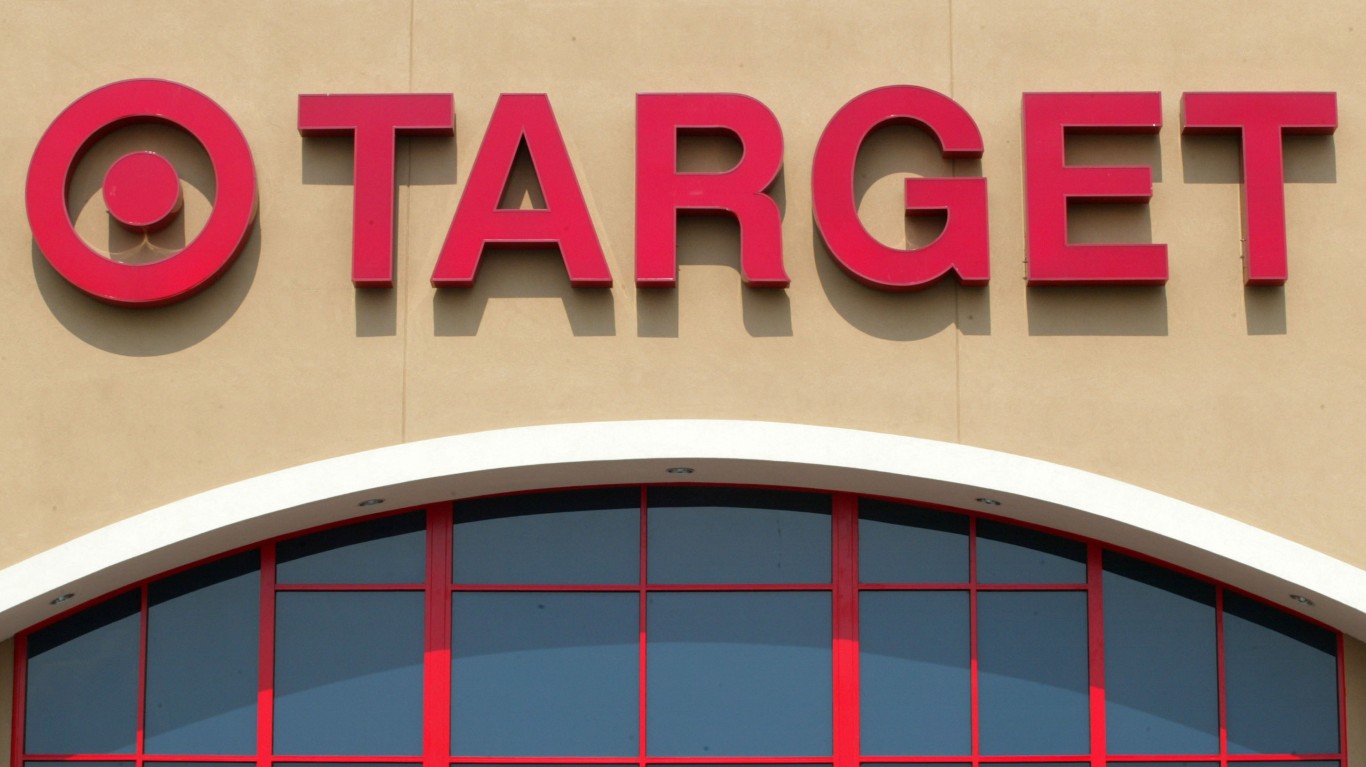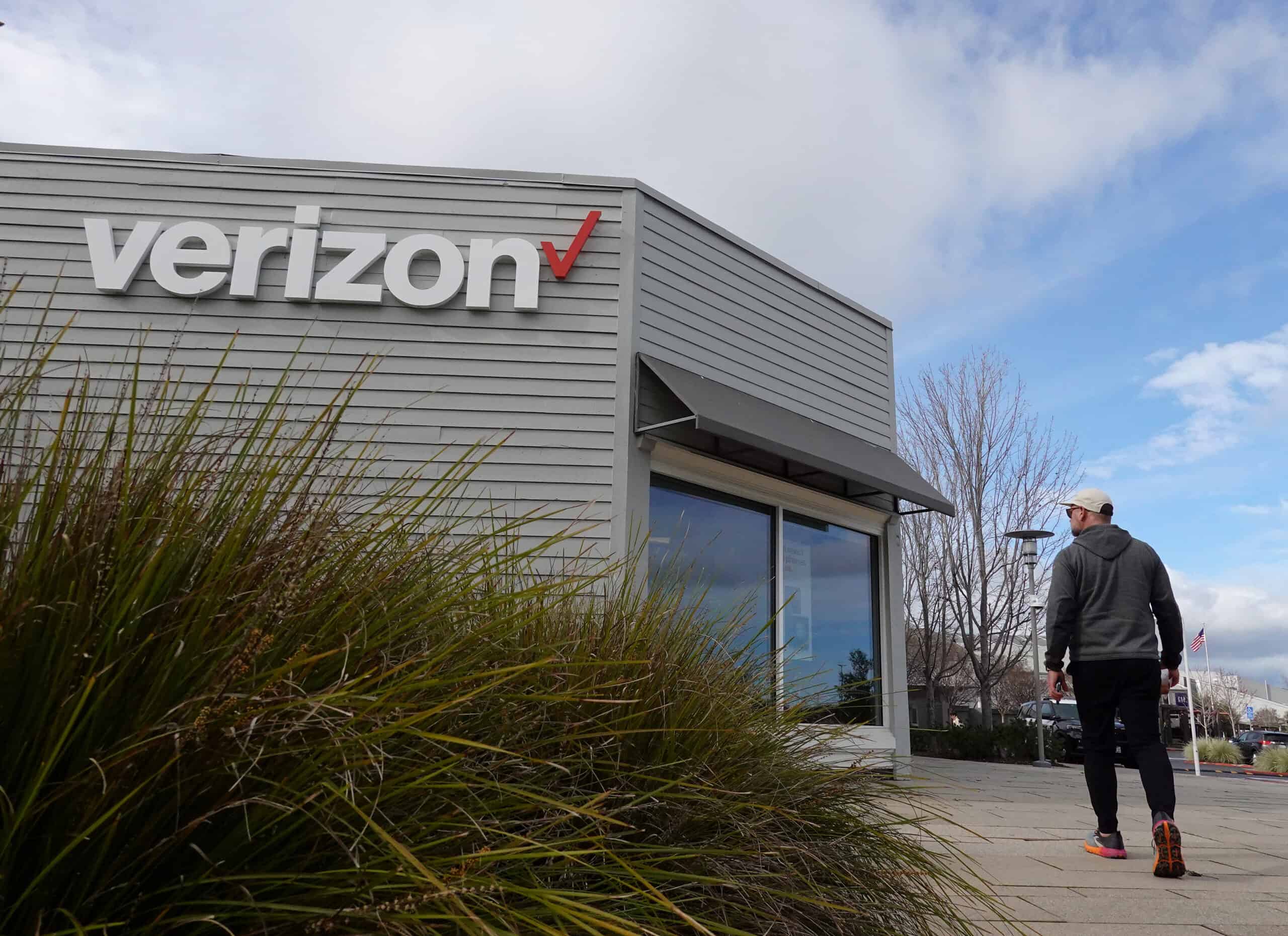
Dividend investors looking for top portfolio holdings have a range of factors that ought to be considered before jumping into any individual position. (Or, basket of dividend stocks for that matter).
There’s a given stock’s current yield, its payout ratio, cash flow growth profile, and a myriad of other attributes relating to quality and defensiveness/value. However, the length of time a given company has paid a dividend (and increased its dividend) can say a lot about how aggressively such a company may choose to hike its dividend over time, and how consistent it will be.
Dividend Kings, a term typically used to describe companies that have increased their dividend for more than 50 years, are simply the best of the best in this category. As far as dividend consistency is concerned, these companies are top-notch. And given their size and history in the markets, tend to be among the more stable blue-chip names investors can consider at any point in time.
In 2025, it’s projected that the Dividend King grouping will generate average earnings growth of approximately 8.61%. This growth is expected to be driven by the companies’ stability in terms of their sector exposure as well as consistent underlying business models which provide cash flow growth stability.
For those looking for top options to consider in this space, here are three of my top picks to own in 2025.
Key Points About This Article:
- There are a myriad of reasons why dividend investors focus on consistent dividend growth as a key reason to hold a stock over the long-term.
- These three Dividend Kings have raised their distributions annually for more than five decades, and are among the best options for investors focusing on this particular attribute.
- If you’re looking for some stocks with huge potential, make sure to grab a free copy of our brand-new “The Next NVIDIA” report. It features a software stock we’re confident has 10X potential.
Target (TGT)

Target (NYSE:TGT) is one of the Dividend Kings on this list that’s had its fair share of troubles of late. These troubles have resulted in the stock trading at a relatively attractive multiple of less than 15-times earnings, though the company’s dividend yield still sits below 3%.
Inflation has hurt the company’s sales to a greater degree than its discount rivals. And while external factors play a role, Target’s weaker performance suggests internal issues like supply chain challenges and poor inventory management could drive longer-term underperformance relative to its peers. The fear of many bears is that this “upscale” discounter could continue to face customer losses to Costco’s membership-driven model and Walmart’s value pricing, further straining its market position.
That said, I think there is a reason to consider this retailer. Target’s “upscale discount” model and massive footprint of roughly 2,000 locations positions the company well to establish lucrative in-store brand partnerships, such as the most recent deal the company has made with Ulta Beauty. Additionally, Target’s omnichannel strategy, including same-day delivery for loyalty members, highlights the company’s focus on convenience.
I do think that there are some risks to be considered when it comes to Target, but the company’s long-term chart has shown what investing in durable blue-chip cash flow growers (with strong dividend growth as well) can do for a portfolio over a very long period of time.
Verizon Communications (VZ)

Verizon Communication (NYSE:VZ) is most likely the most lucrative dividend stock on this list, with an impressive 6.8% dividend yield putting this stock in the upper-echelon of dividend stocks from a purely yield standpoint.
That said, this is notably a company I think is among the higher-risk but higher-upside picks for investors looking for companies that are consistent dividend growers. Now, Verizon isn’t yet a dividend king, but looks poised to eventually break through toward a multi-decade track record of dividend hikes. That said, the market appears to be pricing in a lower likelihood the company will be able to increase its dividend (given where it’s yield is), so there’s som uncertainty on this front.
In 2024, revenue rose a paltry 0.6% to $134.8 billion, driven by a 3.1% increase in wireless service revenue. Despite higher taxes and interest costs, free cash flow grew to $19.8 billion due to reduced capital spending, easily covering its $11.2 billion dividend payout.
Additionally, Verizon reduced its net leverage ratio to 2.3 from 2.6 in 2023, reinforcing its strong investment-grade ratings. The company’s growing free cash flow and declining debt have made its dividend safer. In 2025, the company expects wireless service revenue to rise 2%-2.8%, with adjusted EBITDA increasing up to 3.5%. Earnings per share could improve by 3%, reversing a 2.5% decline in 2024. Verizon plans to invest $17.5-$18.5 billion in wireless, broadband, and AI infrastructure while maintaining ample free cash flow to cover dividends and strengthen its balance sheet.
With the potential for meaningful cash flow growth in the years ahead, this is a speculative pick I think could pay off for the right investor.
Fortis (FTS)

Fortis (NYSE:FTS) stands out as a compelling dividend stock for 2025 due to its robust financial health and commitment to shareholder returns. The company remains one of my top Canadian picks, and that’s one of the key reasons I think Fortis is worth a look right now. Simply put, I don’t think Fortis gets the kind of coverage its U.S. peers do, resulting in a rather attractive relative valuation considering the company’s dividend growth track record.
Currently, Fortis offers a dividend yield of approximately 4.1%, significantly higher than the industry average of 2.9% and the bottom quartile of U.S. dividend payers at 1.4%. This yield is well-supported by a payout ratio of 73%, indicating that earnings sufficiently cover its dividends, ensuring sustainability even during economic fluctuations.
Fortis has established itself as a “Dividend King,” having increased its dividends for more than 50 consecutive years, reflecting its strong operational stability and prudent management practices. The company is also undertaking a substantial $26 billion capital investment plan aimed at modernizing infrastructure and expanding renewable energy initiatives, which positions it well for future growth.
With a diversified portfolio across North America and regulated utility operations accounting for nearly all its earnings, Fortis remains resilient against market volatility, making it an excellent choice for investors seeking both stability and growth in their portfolios.
Thank you for reading! Have some feedback for us?
Contact the 24/7 Wall St. editorial team.





